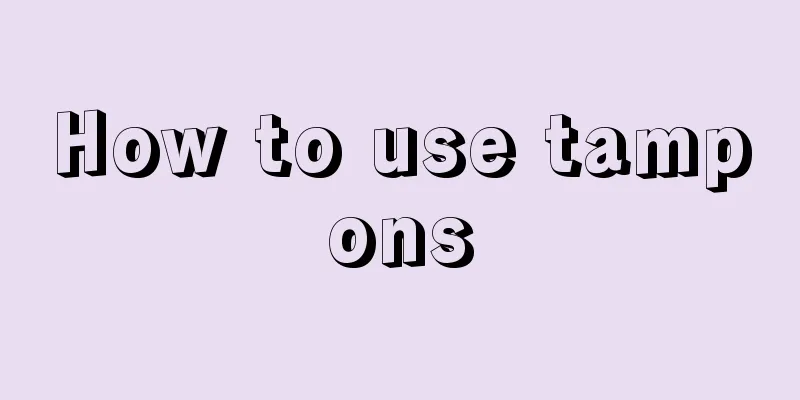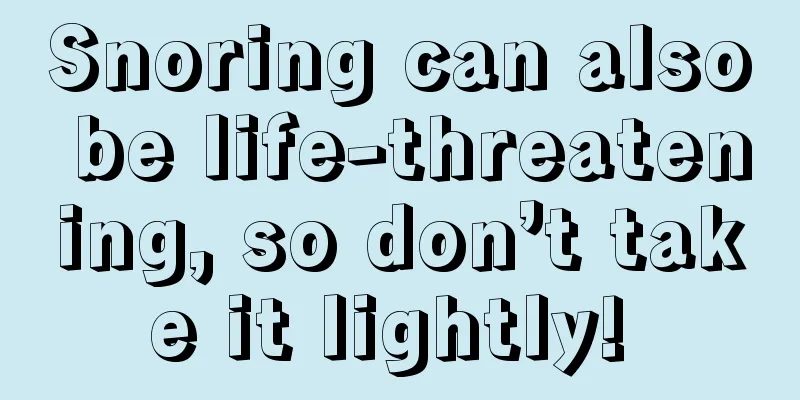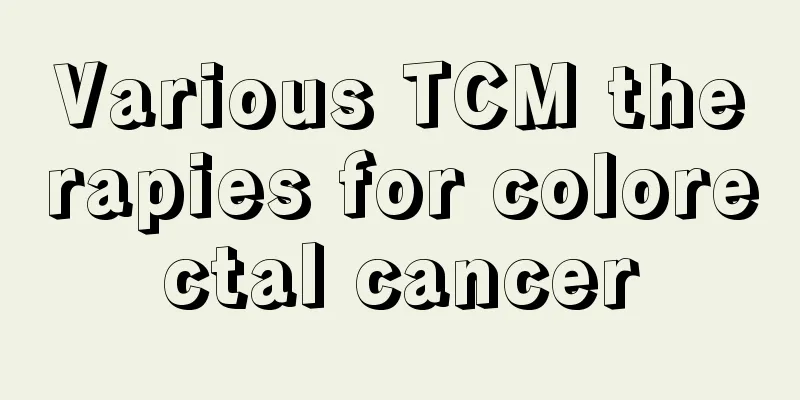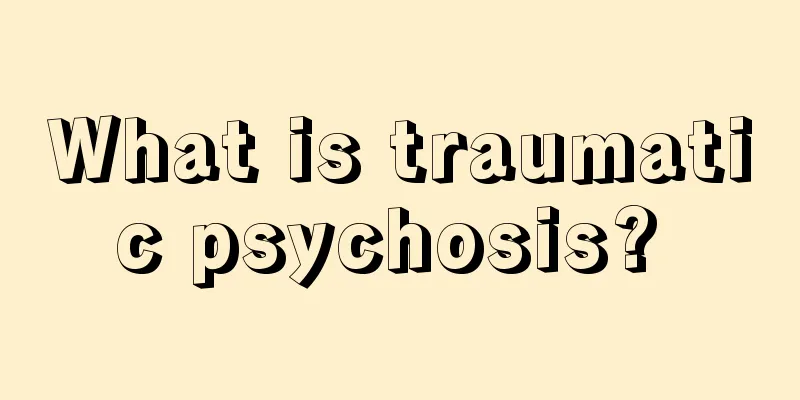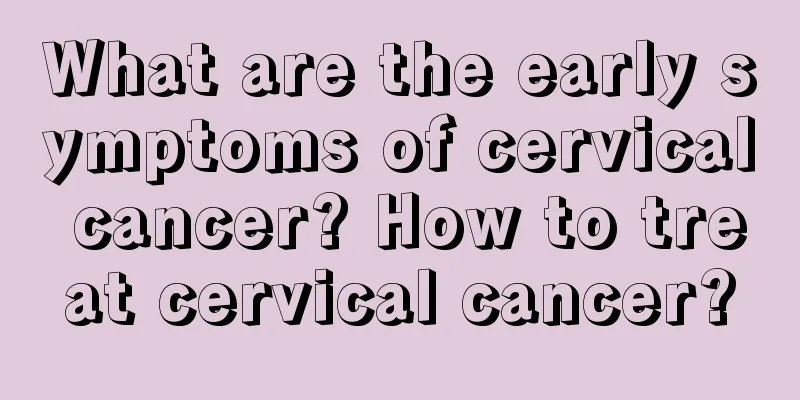At what age can the chickenpox vaccine be given
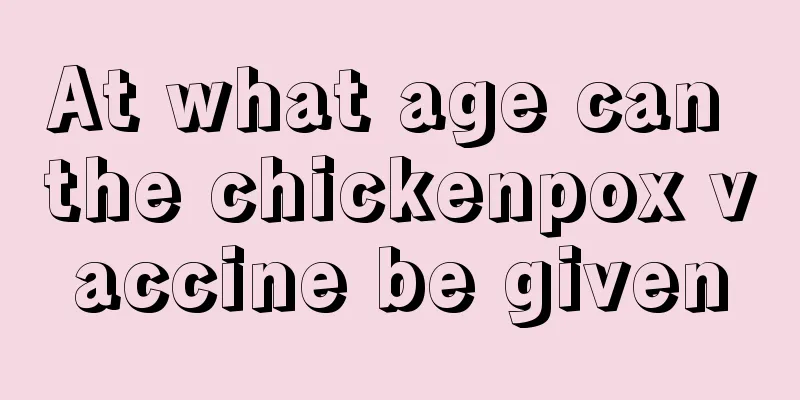
|
Chickenpox may appear as just a few blisters at first, but it spreads very quickly and soon you will find the same blisters appearing on various parts of the patient's body. Not only that, chickenpox can also spread quickly through the saliva we produce when we talk to each other. It can be said that this is a highly contagious disease. Chickenpox can be prevented by getting the varicella vaccine. At what age can the chickenpox vaccine be given? Vaccination target: It is recommended that adults and adolescents with no history of chickenpox should be vaccinated. The susceptible population is mainly healthy children aged 12 months to 12 years. Special groups should be vaccinated: 1. People who work or live in an environment with a high possibility of transmission, such as kindergarten staff, primary school teachers, Support from social public institutions, college students and military personnel, etc. 2. Close contacts of people who are at risk of developing serious diseases or complications, such as health workers, children with leukemia and other immunocompromised children and children and their families who are receiving steroid treatment. 3. Non-pregnant women of childbearing age. 4. International travelers. If a susceptible person comes into contact with an infected person, he or she should be injected with immunoglobulin. A large dose three days after contact can shorten the course of the disease and alleviate clinical symptoms. Varicella vaccine is prepared by passaged strains of varicella virus and is the only means of preventing varicella infection. Getting the varicella vaccine not only prevents chickenpox, but also prevents complications caused by varicella-zoster. Varicella-zoster virus (VZV) belongs to the herpesvirus genus A, herpesviridae family, and has 6 to 8 viral glycoproteins (G), which are associated with infection, production of neutralizing antibodies, viral replication and virulence. VZV has only one serotype, and it is still unclear whether there is cross immunity with other herpes viruses. Humans are the only host of this virus. Chickenpox is an acute, highly contagious infectious disease caused by the varicella-zoster virus. The main clinical symptoms are fever, and the appearance of macules, papules, vesicles and scabs in batches. In severe cases, it can even lead to death. Vaccination against varicella is the safest and most effective way to prevent varicella. VZV mainly enters the respiratory lymph nodes through droplets and replicates, producing the first viremia after 4 to 10 days. The virus then spreads through the lymph and blood and is phagocytosed by monocytes. After 4 to 6 days, the second viremia begins. The virus is released in large quantities into the blood, enters the epidermis through the capillaries, invades the skin and forms vesicles. Chickenpox occurs when the body lacks immunity after primary infection with VZV. And it has the ability to continue to penetrate into the human body. |
<<: What is the vaccine for preventing chickenpox called
>>: How many years does the chickenpox vaccine last after one shot
Recommend
What are the symptoms of mild jaundice
Jaundice is a common disease that is mainly seen ...
The correct way to apply tea leaves to eyes, what can tea leaves do?
Tea can be said to be a very useful thing. Not on...
Can I wash my hair when I have a cold
Although a cold is not a very serious disease, th...
Can fibroids be cured by exercise?
Can fibroids be cured by exercise? Life lies in e...
Can you eat cold food? 5 things you need to know
Nowadays, many people do not pay attention to the...
Mouth shape after plastic surgery
With the rapid development of the times in recent...
What is the reason for the pain when urinating and being unable to hold urine?
In daily life, many patients always have the prob...
I feel uncomfortable and want to vomit. What's going on?
As the saying goes, worrying will turn your hair ...
A transparent bubble grows on my feet
Some people are in frequent contact with others. ...
What are the symptoms of epididymitis and seminal vesiculitis?
Epididymitis and seminal vesiculitis are the two ...
How to use a tampon
When talking about menstruation, everyone will th...
How to relieve psychological pressure
With the increase of life pressure and some commo...
Basal cell carcinoma often develops without early symptoms of skin cancer
Early symptoms of skin cancer can occur anywhere ...
How to detect the signs of laryngeal cancer early
Only by understanding some typical symptoms of la...
What are the methods of using tampons
Tampons are one of the essential items for female...
